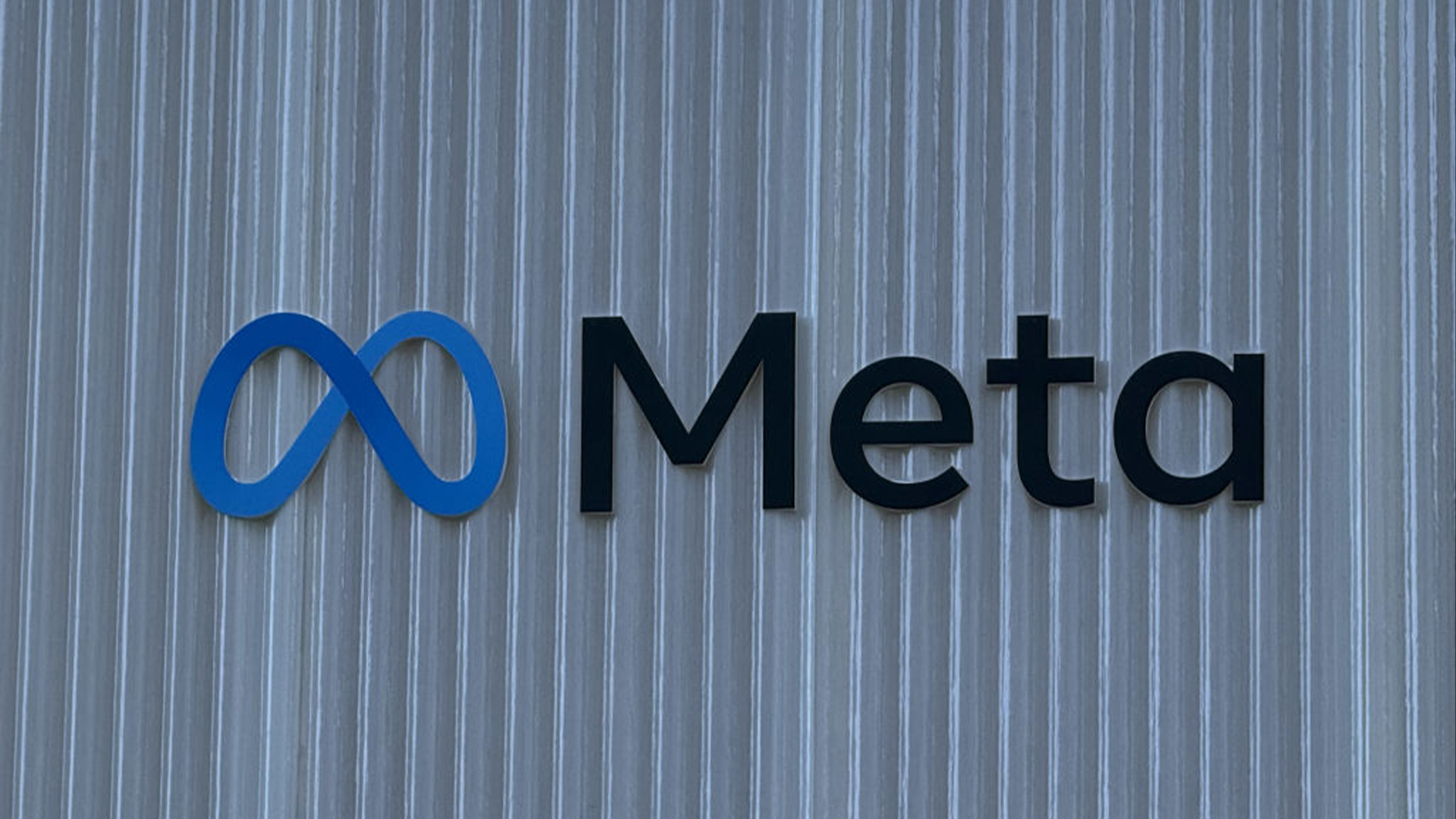Meta is being sued for allegedly directly contributing to education inequities in Black communities.
A lawsuit filed by the Lawyers’ Committee for Civil Rights Under Law, the Washington Lawyers’ Committee for Civil Rights and Urban Affairs, and Emery Celli Brinckerhoff Abady Ward & Maazel LLP on behalf of the Equal Rights Center (ERC) cites that Meta’s algorithm has shown bias by directing ads for for-profit colleges and universities to Black communities. In contrast, more ads featuring public and nonprofit colleges and universities were shown to white users.
“Relegating Black students to receive information about for-profit schools, which often provide lower quality education at greater financial cost, also sends a negative message about who belongs in which types of institutions,” a statement from an email sent to AFROTECH™ by the Lawyers’ Committee for Civil Rights read.
The difference between the two types of institutions is that for-profit colleges focus on generating profits for shareholders and investors, which directly contributes to higher student debt, according to Big Future.
Students at for-profit colleges are more vulnerable to excessive fees and higher tuition costs. In contrast, nonprofit colleges operate with a different approach, relying on revenue from sources like government funding, endowments, and donations. Their goal is to reinvest funds into the student body. At their core, they also strive to build infrastructure that supports student success through scholarships, new buildings, and hiring faculty and staff, notes Bay Atlantic University, Washington, D.C.
“Many for-profit colleges have a history of predatory recruitment practices and often leave students with high debt without advancing their career prospects,” the Committee for Civil Rights Under Law said in a statement shared via LinkedIn. “Black students deserve equal access to diverse higher education opportunities; they don’t deserve to be digitally redlined. No corporation is above the law. We are fighting to hold Big Tech accountable and ensure that digital advertising does not perpetuate systemic discrimination.”
The parties involved are calling on Meta to end its advertising algorithm, which they argue reinforces educational inequities. They are also seeking accountability for the practice and advocating for a standard of fairness in digital advertising, according to information shared on the Lawyers’ Committee for Civil Rights Under Law’s website.

















